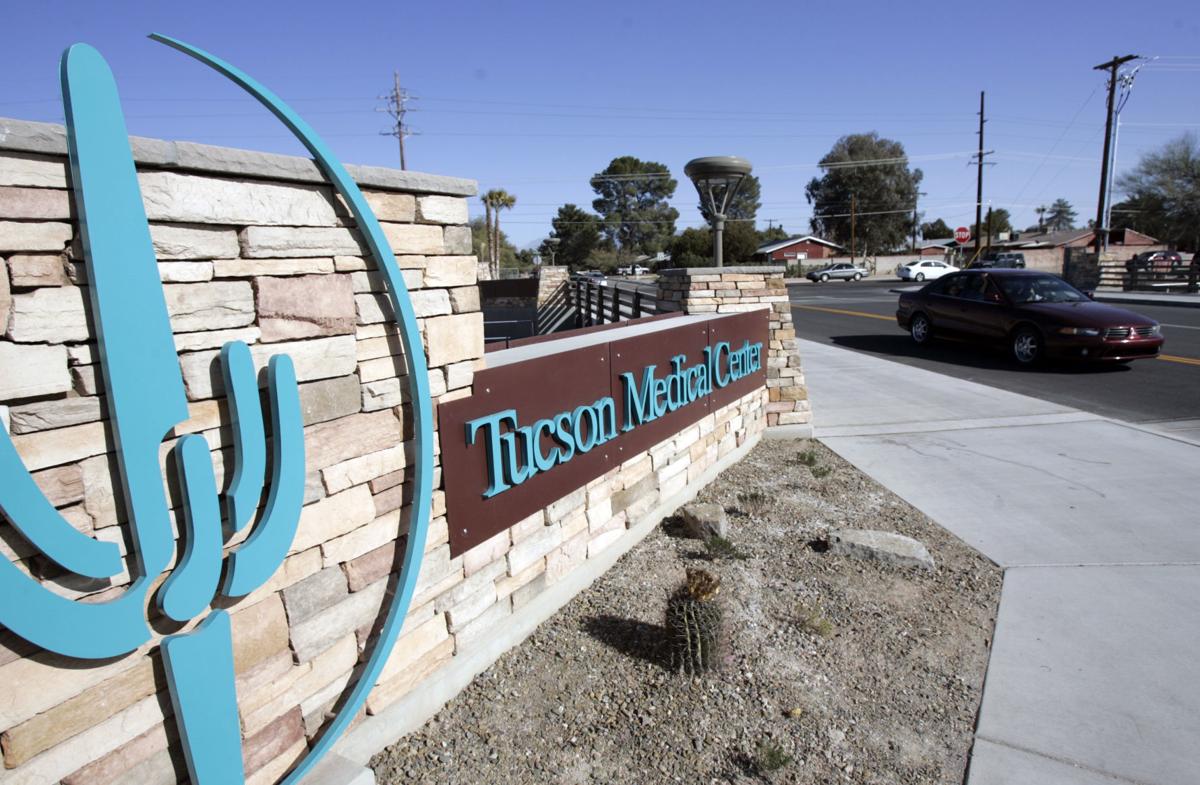The COVID-19 pandemic affected people in numerous ways. For many women, it added layers of complexity.
The quarantine period forced millions to stay home, work from home, take on the role of teacher and supervise their children’s education. Those added layers also meant women lost time taking care of themselves. And many women continue to take on those challenges.
These are just some of the reasons that may explain why women’s risk of cardiovascular disease increased — and why it is important to make changes, says Dr. Mayra Guerrero, a Mayo Clinic cardiologist.
For many women, their complex roles during the COVID-19 pandemic as mothers, teachers and remote workers brought on not only emotional stress but also physical stress.
“Stress by itself can also increase the risk of cardiovascular disease and sometimes even trigger a heart attack,” says Dr. Guerrero. But that added stress is not the only factor.
“A poor diet can also be a risk factor for cardiovascular disease or lack of exercise,” she says.
Raising awareness is a priority for Dr. Guerrero.
“Cardiovascular disease is the No. 1 killer of women and men around the world. However, many women do not know that,” says Dr. Guerrero.
Dr. Guerrero says you cannot control your age or your DNA, but you can have some control over your cholesterol level, blood pressure and lifestyle choices.
“Have a balanced diet that includes more fruits and vegetables, and include exercise in your daily life — ideally every day. But if not, at least four days a week. And a very important one: no smoking.”





